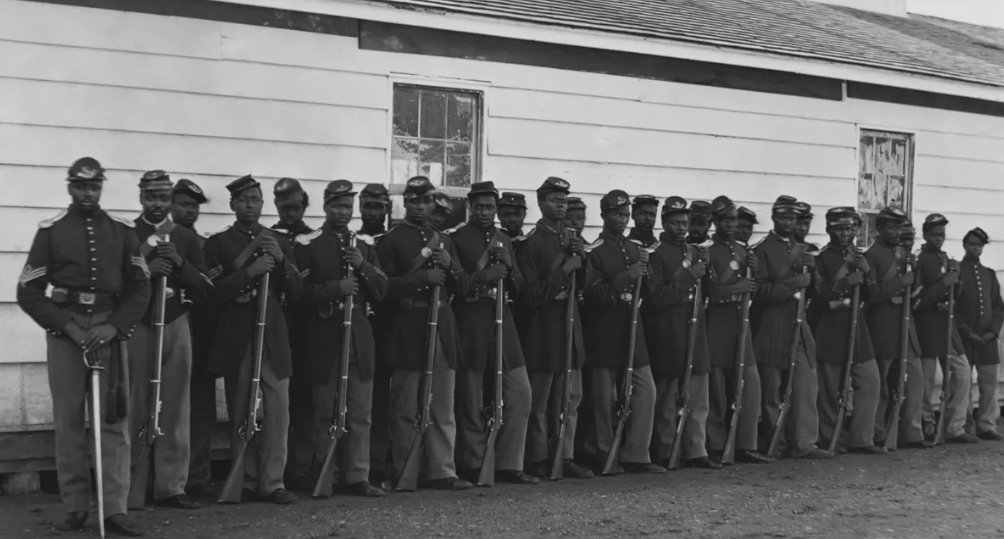 By Daisha Gomillion, MBA During the course of its history, higher education in the U.S. has served as both an institutional oppressor of Black Americans and as a stronghold for resistance against racism and discrimination in society. In honor of this year’s Black History Month theme, “Black Resistance”, we will look at the role that HBCUs have played in Black activism. HBCUs exist because, historically, black students were not allowed to take classes at predominantly white institutions (PWIs). HBCUs have never discriminated against any race. White students have always been welcome — as have those of other races and ethnicities. Although Black History Month was federally established in 1986, weekly and monthly celebrations had already existed for more than 50 years. In the 1960s, many historically Black colleges and universities (HBCUs) began recognizing Black History Month with campus observances. These celebrations served as a way for Black educators to celebrate people and narratives that advanced ideals of equality and social justice.
In that capacity, he created a new strategic roadmap for the organization, established a first-of-its-kind retail space, and implemented a voluntary self-exclusion program and other responsible gambling verification policies. He is a respected and proven leader with 20 years of experience in state government.
By Bill Kysor, Communications Liaison of the ESD Veterans Employee Resource Group February is Black History Month and the members of the ESD VERG Team wish to celebrate this time with a view back in history to the African-American heroes, many who are unsung and unnamed, but who contributed greatly to the cultural transformation of American diversity and inclusion.
Black History Month and Heroes in the American Military The following story by Professor Gary Gallagher, Ph.D., University of Virginia, provides that look through America’s early military history of the contributions and struggles of black Americans as soldiers. Professor Gallagher describes that history from the Revolutionary War through the Civil War of the gradual acceptance and recognition for the abilities, courage, and contributions of the tens of thousands of black Americans who fought for liberty and freedom that was denied them elsewhere in society. Article: Black Soldiers in the American Civil War (wondriumdaily.com) Please attend our next Lunch and Learn session:
The topic of discussion: What is Courage? Perspectives from Business Resource Group & ICSEW Audience: HR Practitioners, Recruiters, Hiring Managers Location: Online (to register see below) Date: March 1st, 2023 Time: 12:00 PM – 1:00 PM Facilitator: Lenora Sneva Background: What is courage? Courage is something that everybody wants. It is an attribute of good character that makes us worthy of respect. Our culture is rich with exemplary tales of bravery and self-sacrifice for the greater good. Yet courage is not just physical bravery. Martin Luther King and Nelson Mandela, who chose to speak out against injustice at great personal risk. Lenora Sneva will lead a panel of Business Resource Group & ICSEW leaders to discuss what courage looks like in state employment. BUILD Black History Month Lunch and Learn: Black Identity & Black Radical Tradition (Video)2/9/2023
Terrence McCall led a Fireside Chat as state agencies BUILD an understanding of black identity using what we know about history, as well as the location of black identity in the historical system(s) of reality, in order to grasp the connections that help us better understand the present realities affecting the black community.
Dr. Shamyka Sutton shares insights about Black culinary roots and how the slave trade shaped today’s soul food. Those that attended learned about the difference between soul food and southern food and patterns of misattribution in our food culture that dismisses our ancestors' role in culinary arts.
|
AuthorSOur blog includes but is not limited to events, insights, and highlights to augment basic education. Archives
July 2024
|



 RSS Feed
RSS Feed